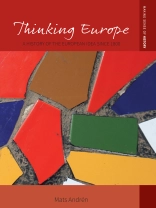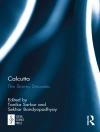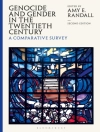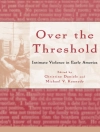Presenting a new historical narrative on European integration and identity this title examines how the concept of Europe has been entangled in a dynamic and dramatic tension between calls for unity and arguments for borders and division. Through an in-depth intellectual history of the idea of Europe, Mats Andren interrogates the concept of integration and more recent debates surrounding European identity across the nineteenth and early twentieth centuries and the post-war period. Applying a broad range of original sources this unique work will be key reading for students and researchers studying European History, European Studies, Political History and related fields.
Tabla de materias
Acknowledgements
Preface
Introduction
PART I: UNITY AND BORDERS (1800–1914)
Chapter 1. Dreaming of Unity
Chapter 2. Longing for Borders
Chapter 3. Looking for Common Ground
Chapter 4. Performing Communality
PART II: CRISIS AND DECLINE (1914–1945)
Chapter 5. Passing to a New Europe: The First World War
Chapter 6. Fearing Crisis
Chapter 7. Organising for Europe
PART III: INTEGRATION AND IDENTITY (1945–)
Chapter 8. Claiming European Unity and a Europe of Nations
Chapter 9. Elevating European Awareness
Conclusion
Bibliography
Sobre el autor
MATS ANDRÉN is Professor in the History of Ideas at the University of Gothenburg, and former director and chairman of its Centre of European Research. He teaches and supervises in European Studies and has published widely on European intellectual history. His recent books are Cultural Borders of Europe (co-ed., Berghahn, 2017) and Nuclear Waste Management and Legitimacy (Routledge, 2012). He is guest editor of Journal of Risk Research, History of European Ideas, European Review and Global Intellectual History.












